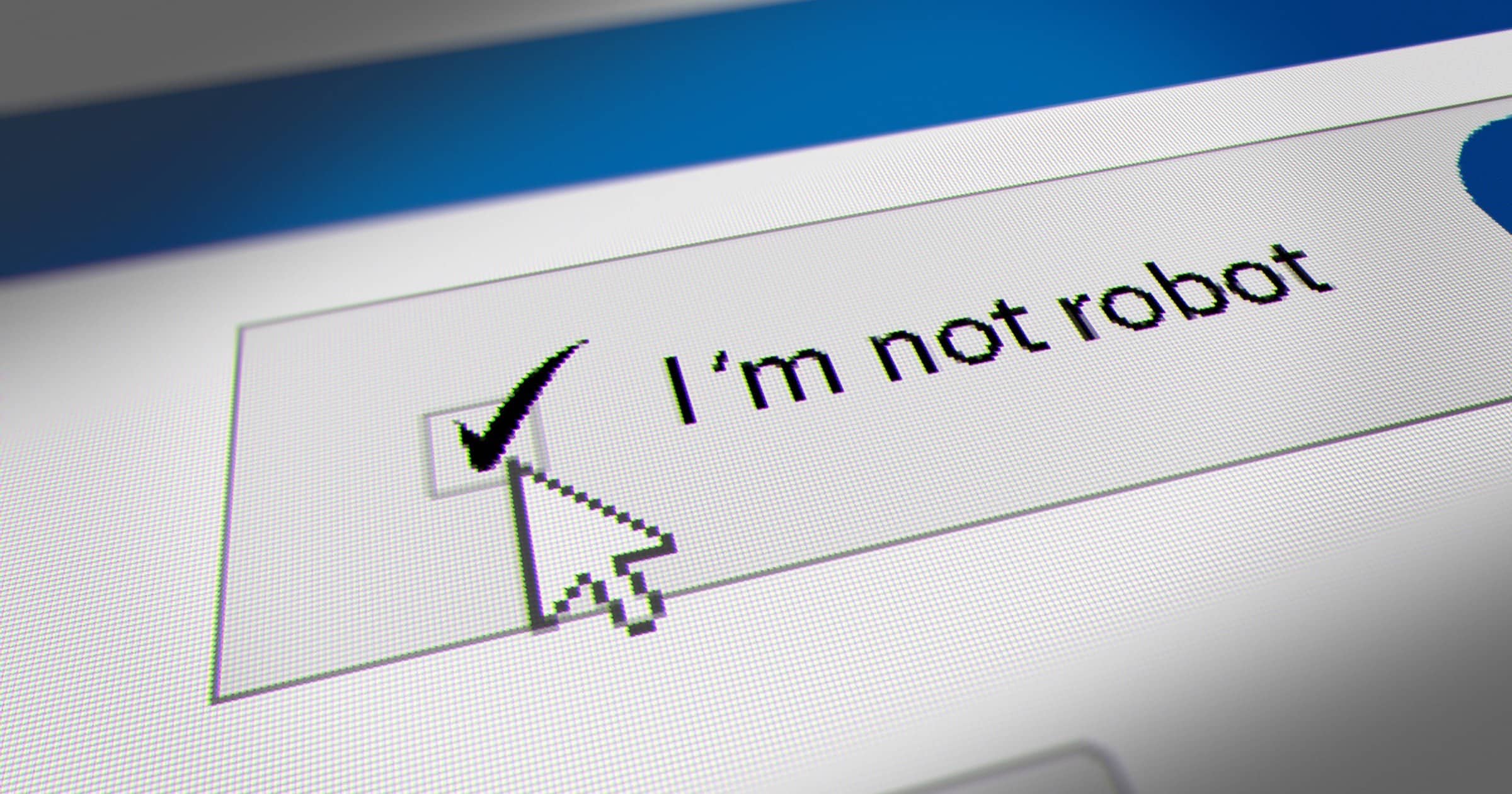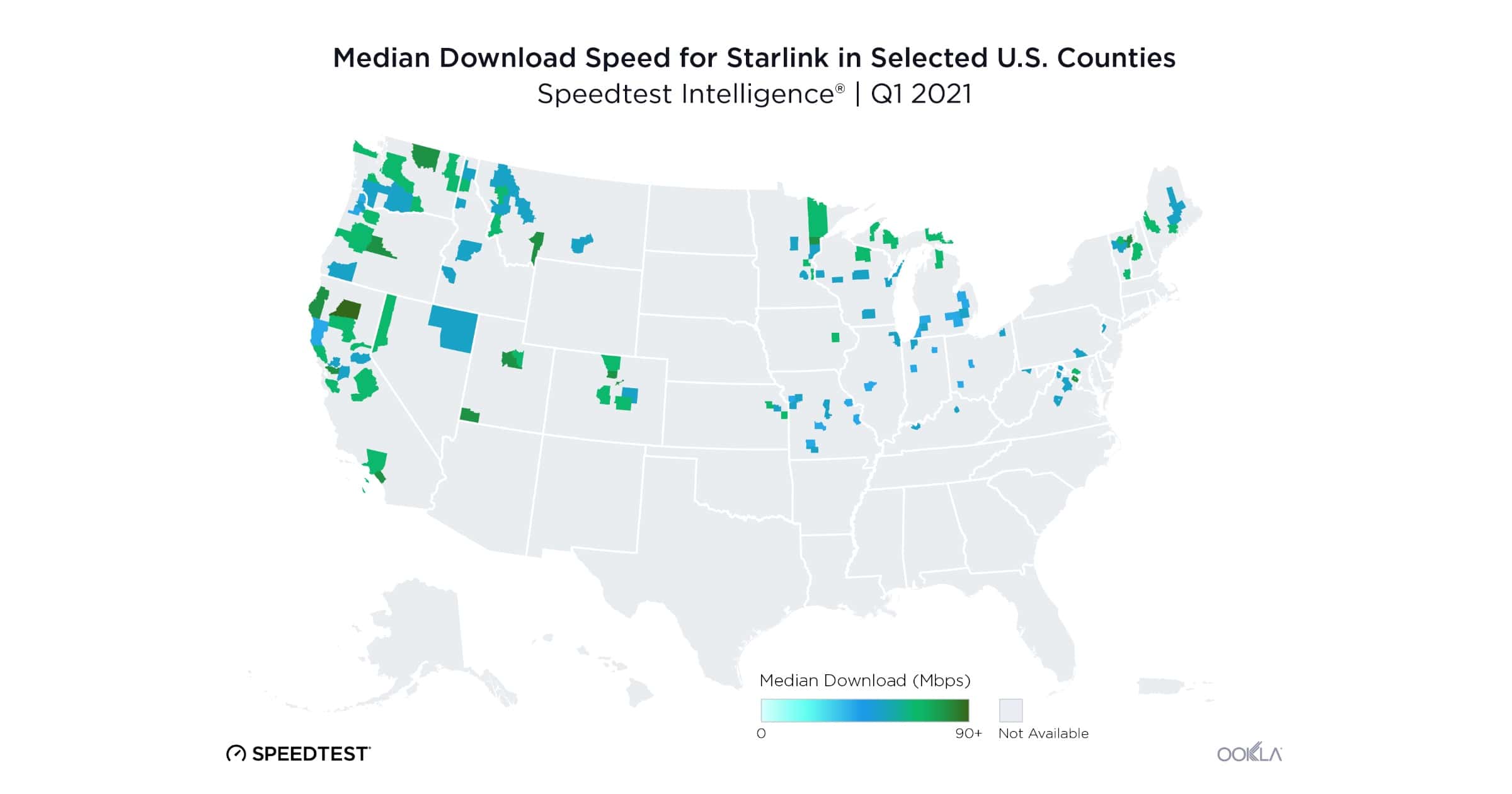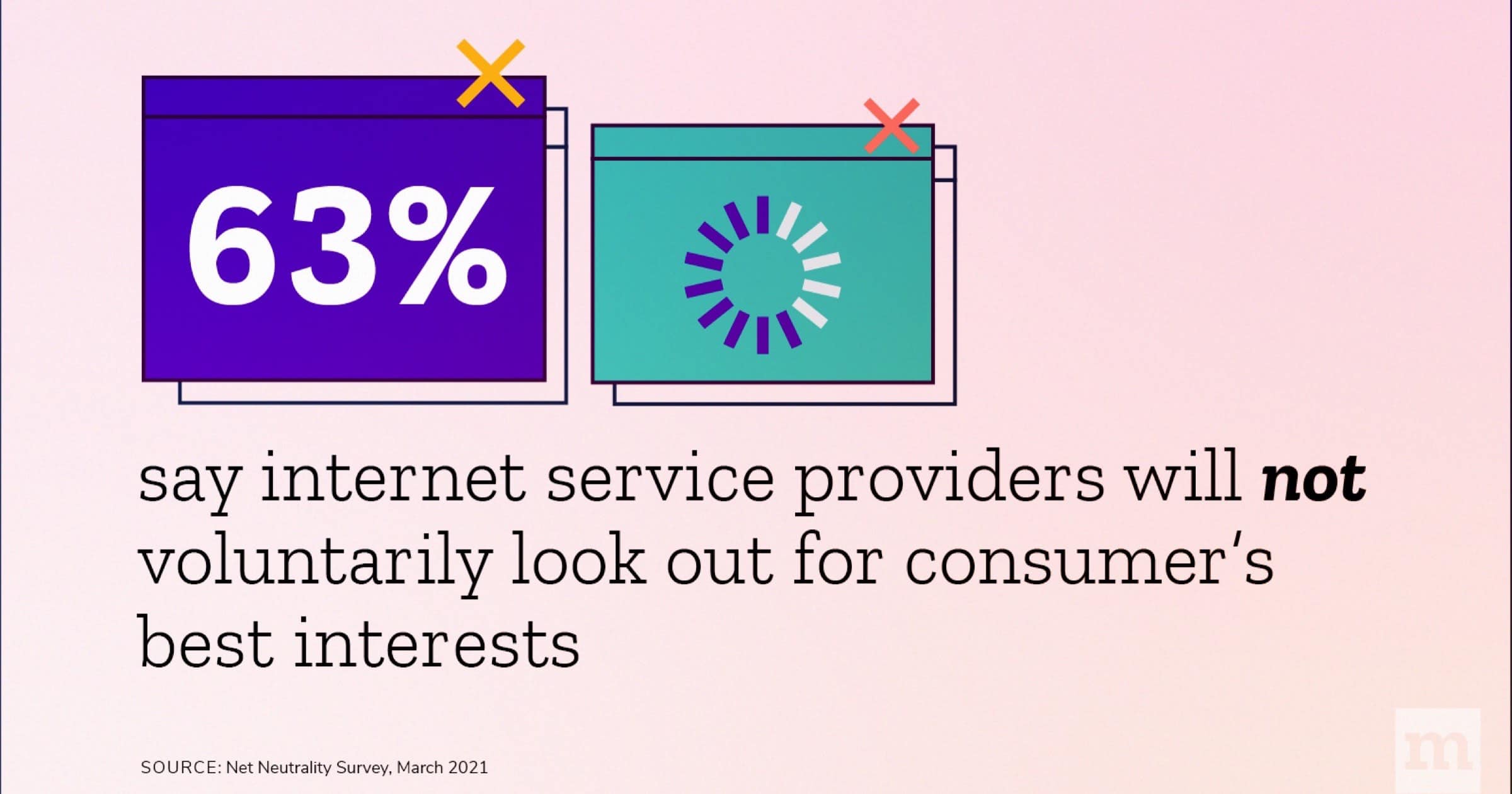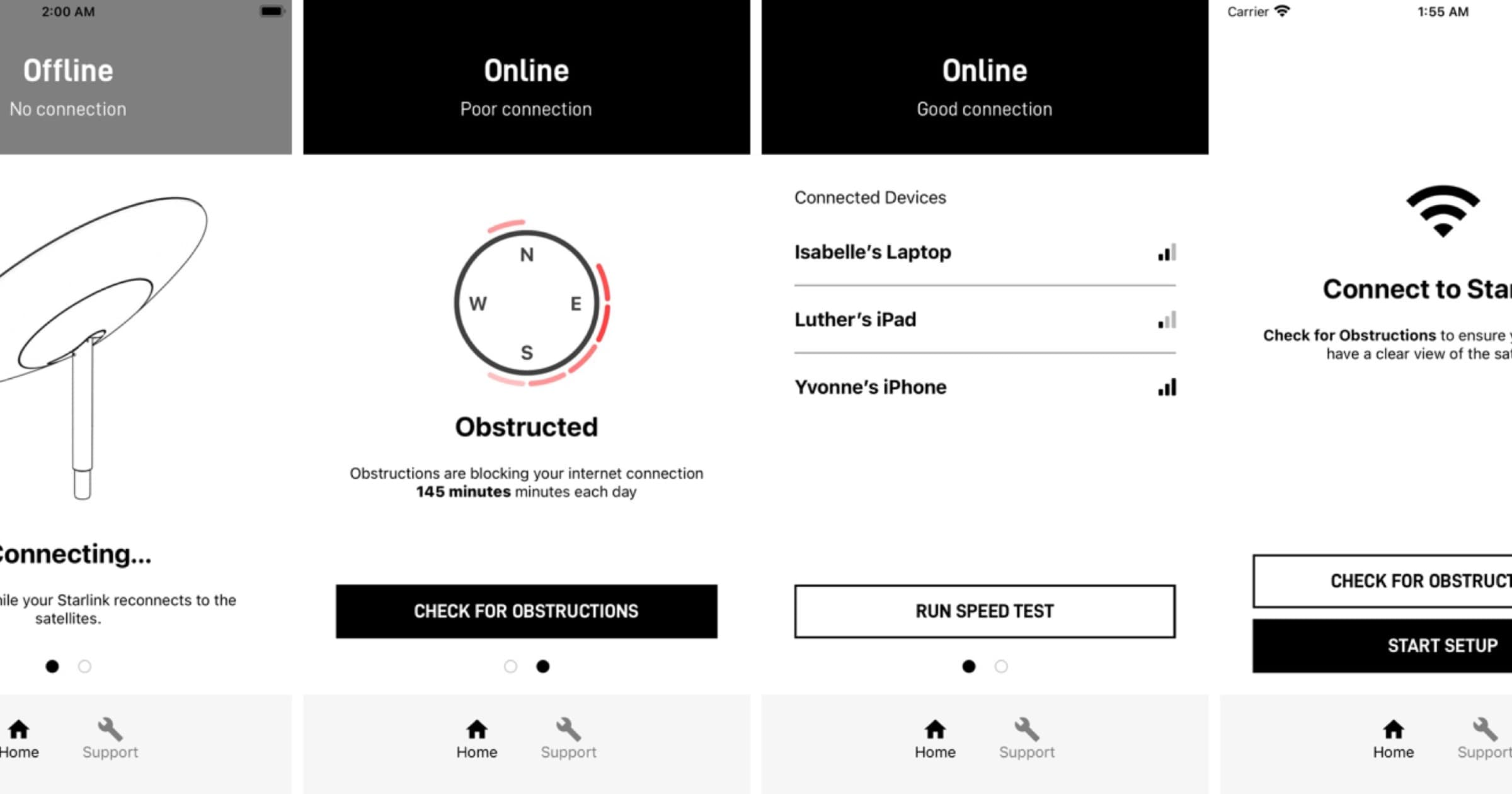The FCC recently approved rules requiring broadband “nutrition labels” to help consumers better understand their internet service plans.
Internet Access
Broadband Nutrition Labels Should Be Simple, ISPs and Consumer Groups Urge
In its first public hearing, the FCC heard comments urging requirements for broadband nutrition labels be kept simple and concise.
ISPs Spent $234 Million in Lobbying Efforts for 2019-2020
On Monday a report from Common Cause said that in 2019 and 2020, ISPs spend a total of US$234.7 million to lobby against legislation.
Multiple Major Websites Start to Return After Outage
A number of major websites went dark Tuesday morning, with an outage affecting the likes of Amazon, Reddit, CNN, and The New York Times.
Dealing With CAPTCHAs Costs Humanity 500 Years Per Day
Cloudflare wants to kill CAPTCHAs and replace them with security keys like YubiKey.
Based on our data, it takes a user on average 32 seconds to complete a CAPTCHA challenge. There are 4.6 billion global Internet users. We assume a typical Internet user sees approximately one CAPTCHA every 10 days.
This very simple back of the envelope math equates to somewhere in the order of 500 human years wasted every single day — just for us to prove our humanity.
Starlink Internet Speeds May Not Be Created Equal
Starlink, a satellite internet initiative from Elon Musk, has fast internet speeds in some areas while being slow in others.
Poll Shows 63% of Americans Don’t Trust Their ISPs
Mozilla is releasing results from a survey conducted with YouGov, showing that 63% of them don’t trust their ISPs (n=1305).
63 percent of consumers do not trust ISPs to look out for their best interests, and 72 percent want control of what they see online without meddling or interference from ISPs, according to the findings released today from a new survey we conducted with YouGov.
Here’s When The FCC Emergency Broadband Benefit Program Starts
FCC Acting Chairwoman Jessica Rosenworcel announced the start date of the Emergency Broadband Benefit Program. It starts on May 12 for U.S. residents with low incomes or those who lost income during the pandemic. You can sign up for the program here. Benefits include:
Up to a $50/month discount on your broadband service and associated equipment rentals; Up to a $75/month discount if your household is on qualifying Tribal lands; A one-time discount of up to $100 for a laptop, tablet, or desktop computer (with a co-payment of more than $10 but less than $50)
Authoritarian Governments May Not Like Satellite Internet
An interesting report today examines how authoritarian governments will handle the challenge of satellite internet like Starlink.
Russia’s space chief Dmitry Rogozin, in August of 2020, said that Starlink is “a rather predatory, clever, powerful, high-technology policy of the USA, which uses Shock and Awe in order to advance, before all, their military interests.” Rogozin publicly stated the more humanitarian aspects of Starlink, in that it would provide internet access to people living in remote areas, “nonsense.”
Starlink Internet Access Starts at $99 a Month, $500 Upfront
SpaceX is expanding the beta testing of its Starlink internet service. It will cost US$99/month with a US$499 fee up front.
Full Disks, Slow Speeds, and Low Batteries — Mac Geek Gab 822
Your questions haven’t stopped, and neither have our answers! How to deal with a full disk? What to do for slow internet speeds? How to best manage your battery? All of these topics are addressed, plus Cool Stuff Found, Quick Tips, and more. Press play and enjoy learning at least five new things with John and Dave this week!
40,000 Households in Kentucky Don't Have Internet Access
A study of data from the National Telecommunications and Information Administration (NTIA) and the U.S. Census Bureau shows internet access across America. Kentucky is the worst state with 40,000 households without internet access. America’s Internet Divide The data is from 2017, which is the most recent information. Income and education both played a role in…
Alaskan Fiber Optics Connects it to Conterminous United States
A new 100 terabit Alaskan fiber optics network from MTA Fiber holdings will bring much better internet access to citizens.
T-Mobile to Launch LTE Home Internet With 5G Coming
T-Mobile will start testing an LTE Home Internet service soon, and will also offer 5G Home Internet once it’s rolled out.
Home broadband is one of the most un-competitive industries in existence. The New T-Mobile & 5G can and will change all that. And we’ve already got this in the works. T-Mobile will soon begin a pilot of Home Internet service using a 4G router operating over T-Mobile’s LTE network. Customers will get the router for free, and after the merger, it will be upgraded to include 2.5 GHz spectrum and 5G compatible hardware.
Facebook 'Experimenting' with Low Earth Orbit Satellites for Internet Access
Facebook is “experimenting” with some LEO (low Earth orbit) satellites to connect the huge part of the world that remains without Internet access. After all, there are more than three billion products out there waiting to be sold, and Facebook wants to be the company that taps into all that merchandise those people. Wired did the footwork on this story, tracking down emails between the FCC and a lawyer representing Facebook through subsidiaries, but Facebook owned up to it when directly asked by the magazine. When I said “experimenting,” though, it really is an experiment. Facebook has been looking for ways to get the rest of the world connected for many years. Past experiments have included both a geosynchronous satellite (that blew up) and solar-powered gliders that didn’t work out. A network of up to thousands of LEO satellites, however, could do it.












